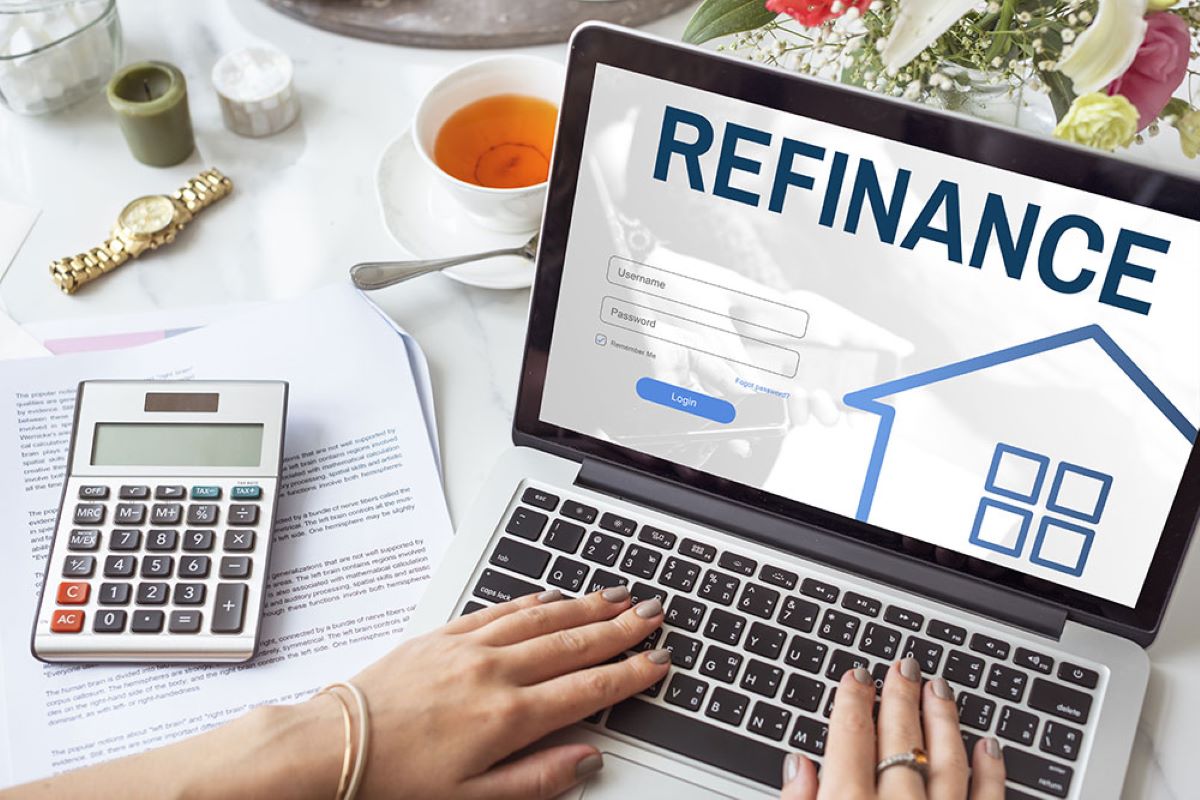Choosing to refinance your home can be a life-changing decision. It's important to consider many factors before committing to refinancing your mortgage. In this blog post, we'll go over 7 essential questions you should ask yourself before deciding whether or not you want to refinance.
We'll cover topics such as the benefits of refinancing, timeline for refinancing, goals in refinancing, upfront costs associated with the process, credit scores needed for the loan, potential money saved from refinancing and potential alternatives.
What Are The Benefits Of Refinancing?
If you're considering refinancing your home mortgage, it's important to weigh the pros and cons. Refinancing your home loan can benefit you in several ways, such as reducing your monthly payments by lowering interest rates or increasing the amount of time before full repayment is due. It can also help you pay off debt faster and free up cash for other investments.
If you have an adjustable-rate mortgage, refinancing could save you money by locking in a fixed-rate mortgage with predictable payments over a longer period of time. Additionally, if you qualify for a government loan program like HARP or VA streamline refinance, it may be possible to secure additional benefits such as no appraisal fees or closing costs.
What Is The Timeline For Refinancing?
Refinancing can be a great way to reduce your monthly payments, switch to a better loan term or even cash out equity from your home. However, before you take the plunge it’s important to understand what your timeline will look like.
Refinancing typically takes anywhere from 30-45 days with start-to-finish processing, but this could be longer depending on how quickly all of the necessary documents are gathered and submitted by both yourself and the lender. Additionally, there is typically an additional 7-10 day period for closing if everything goes well. Taking these time frames into account is key when deciding whether refinancing your home makes financial sense in the long run.
What Are Your Goals In Refinancing?
Refinancing your home can be a great way to save money on your mortgage and secure more favorable terms. Before committing, it’s important to be clear on the goals you want to achieve by refinancing.
A few common reasons for refinancing include reducing the interest rate of their loan, switching from an adjustable-rate mortgage (ARM) to a fixed-rate mortgage (FRM), shortening the term of their loan, or taking cash out of their equity.
It's important to have a firm understanding of why you are considering refinancing as well as what you wish to accomplish. That way, when it comes time to make a decision, you will know if your goals can be met by refinancing and whether or not it is the right financial decision for you.
How Much Will You Need To Pay Upfront?
When it comes to deciding to refinance your home, one of the most important questions to ask yourself is “how much will I need to pay upfront?” Knowing this amount ahead of time can help you plan for the costs associated with refinancing.
Generally, costs up-front include application fees, origination points, title searches, appraisals and legal fees. Additionally, if you have a current mortgage loan that has a prepayment penalty, you will also have to factor this fee into your upfront costs. Knowing these figures in advance can help you decide if refinancing is financially feasible for your situation.
Is Your Credit Score High Enough For Refinancing?
When considering refinancing your home, it is important to consider the impact of your credit score. Your credit score will play a major role in determining if you are eligible for a refinance and what kind of interest rate you will get.
Before refinancing your home, make sure to check your credit score to ensure it is high enough to obtain the best rates available and make sure you can qualify for a refinance loan with favorable terms.
How Much Can You Save With A Refinance Loan?
Refinancing your home is a great way to save money on your mortgage. Not only can you get a lower interest rate, but you may qualify for other loan programs with better terms. Depending on the loan program and refinancing options, you could save hundreds or even thousands of dollars over the life of the loan. Make sure you do your research to find the best refinance option for your situation and take advantage of any savings that are available.
Are There Better Alternatives To Refinancing?
Refinancing your home loan can seem like a great way to reduce your monthly payments and potentially tap into the equity of your home. However, there may be other alternatives that could provide you with better terms and more savings.
Consider talking to a mortgage broker who can review your situation and help you weigh all available options such as getting a second mortgage or taking out a personal loan to pay for major expenses.
You may even be able to get an extended repayment period or have some of the costs covered by grants from local organizations or charities. Taking the time to research additional options will ensure that you are making the best decision for your particular circumstances.
Conclusion
In conclusion, refinancing your home is a major financial decision, and one that shouldn't be taken lightly. Asking yourself the seven questions outlined in this blog post can help guide you in making the right decision for your individual circumstances.
Ultimately, it's essential to weigh the pros and cons of refinancing to determine if it is right for you. Before making any decisions, always consult with an expert who can walk you through all the details of refinancing and help make sure you understand what options are best for you.


